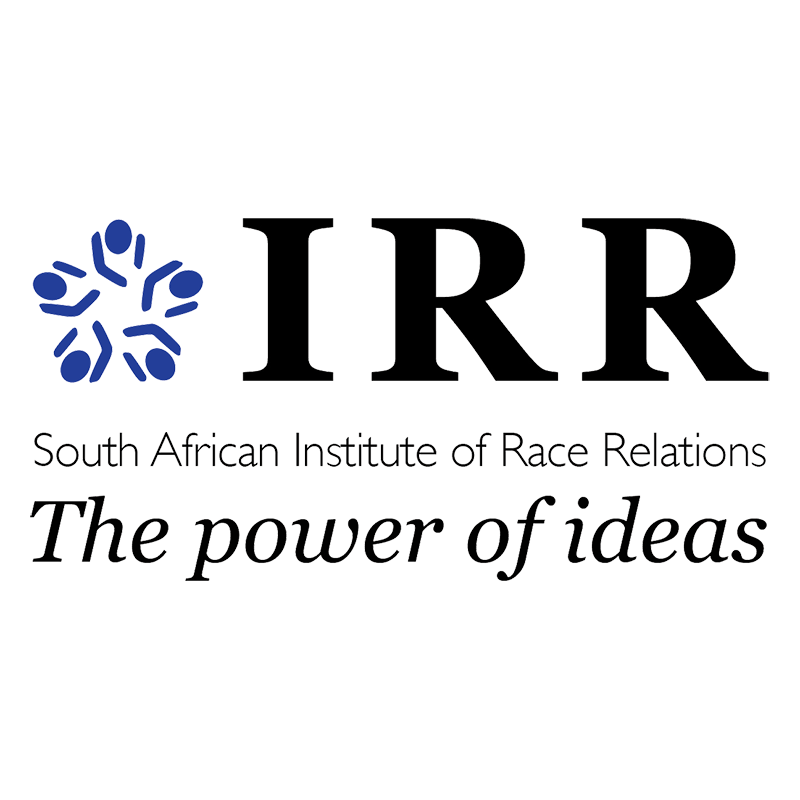By NICHOLAS LORIMER
The 1980s are remembered as an unhappy decade in South Africa’s troubled history. Replete with violence, economic stagnation, soaring levels of government debt, the dying years of the Apartheid state were a time of extreme crisis.
With pressure from outside and inside the country, the National Party government was forced to abandon apartheid and move towards reform to prevent the wholesale collapse of the South African State.
Whilst total disaster was avoided, the ANC government after 1994 had to swallow bitter economic pills and embrace policies and spending that ran counter to the wishes of its allies on the left of the tripartite alliance.
As a result, in the last years of the Mbeki presidency on the back of a good global climate and reasonable economic policy the economy grew the fastest it had in decades.
Unfortunately, there are worrying warning signs that South Africa is slowly inching towards a new decade of crisis and turmoil with some ominous echoes of the crisis of the 1980s.
Government debt levels have doubled over the past decade, the deficit again has reached the levels of the 1980s, less than half of young people have work and on current trends will never work, roughly 5 of every 100 children will go on to pass maths in matric with a grade of 50% and the most recent GDP growth figures suggest we are on the verge of economic recession.
The country is also faced with numerous law and order issues, such as the recent wave of violent truck attacks on the N3 highway as well as growing numbers of service delivery protests.
These issues demand urgent and serious attention by the country’s leaders as they threaten the future stability and prosperity of South Africa.
The election of Cyril Ramaphosa at the ANC’s 2017 NASREC conference was hailed by many in the media as a “new dawn”, a moment of redemption for the ANC of Zuma which since 2008 had engaged in corruption and mismanagement of state assets on a level unimagined until that point.
The Guptas, Nkandla, load shedding and state capture once unfamiliar words became staple phrases of the Zuma years as South Africa saw new scandals and the prospect collapsing state enterprises fill the headlines with growing frequency.
Media commentators claimed that the “new dawn” would be the moment that the tide of the looming crisis facing South Africa began to reverse.
While Ramaphosa has rightly put much focus (at least in his rhetoric) on getting investment to begin flowing back into South Africa, he has also supported investor-unfriendly policies such as expropriation without compensation and prescribed assets. Additionally, Ramaphosa continues to fight a desperate battle for control of the ANC with the Zuma faction.
This infighting has produced occasional policy uncertainty a prime example of which is the recent public dispute between the secretary-general of the ANC and the finance minister over what the mandate of the reserve bank is to be.
The other as of yet largely unaddressed concern is that of the ballooning levels of debt in state owned enterprises such as Eskom which owes more than R440 billion. If the debt in SOEs is not soon addressed it will empty, the country’s coffers and force cuts to grant payments and social services.
With bad policy ideas, growing debt and political infighting, South Africa faces a level of uncertainty which it has not seen in the last 25 years. Fresh ideas and careful analysis are needed if South Africa is to escape its current trajectory.
The Institute of Race Relations’ (IRR) CEO Dr. Frans Cronje will be traveling across the Eastern Cape from 8 July to 12 July, talking in East London on the 8th, Grahamstown the 9th, Port Alfred the 10th , Jeffery’s Bay the 11th and Port Elizabeth the 12th.
He will bring his renowned scenario planning expertise to bear, to describe what the trends suggest for the next 10 years of South Africa’s future. Attendance at these talks is free, but please RSVP to nicholas@irr.org.za .



